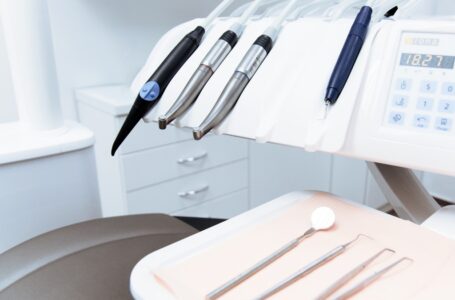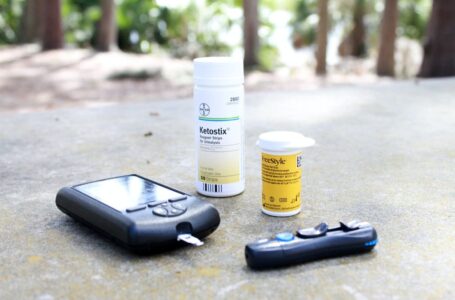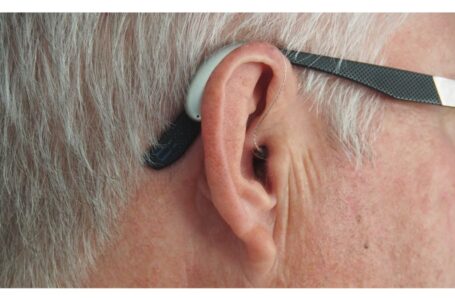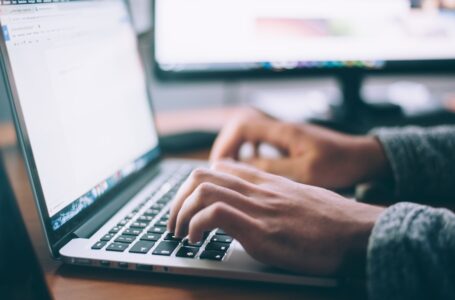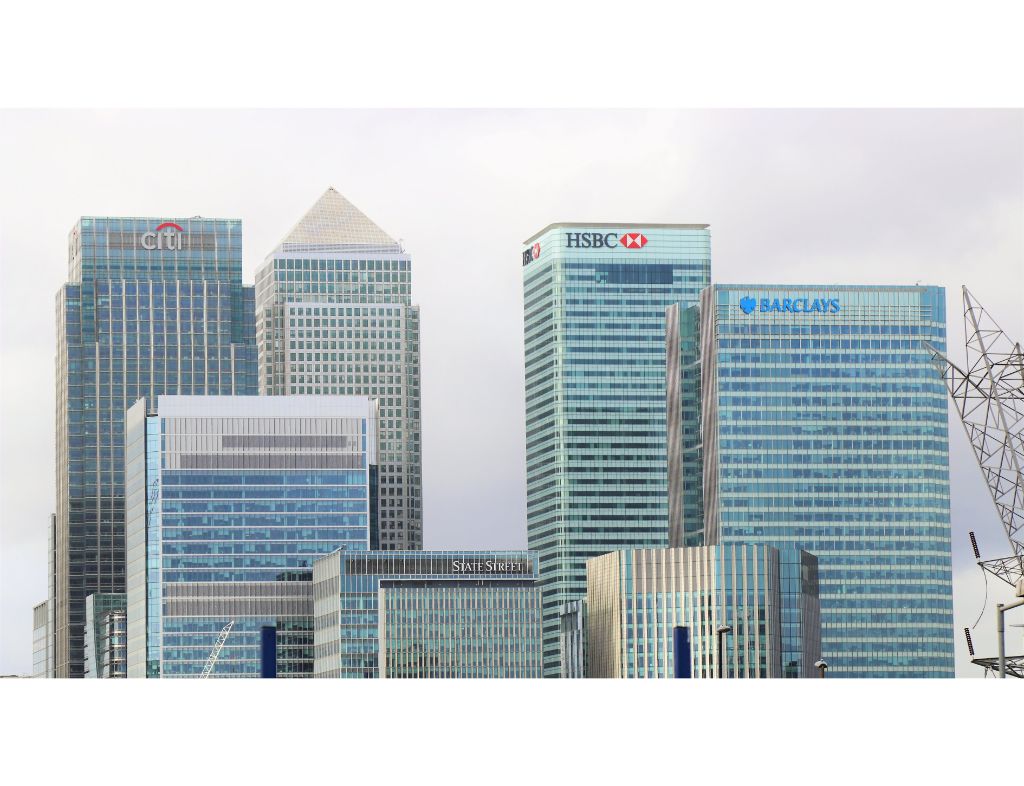
Finances can be a blessing and a curse for beginners, but knowing the basics will definitely prepare you for what’s to come. Banking is the first baby step in your financial journey. Continue reading for tips and a basic lesson on banking.
Savings Accounts
If you’re serious about saving money for a car, college education, or other major goals, put your money into a savings account. Keeping your money in a savings account can help you prepare to make big purchases and with time, allows your money to grow.
Put at least 10% of what you earn into your savings account. With time, that 10% accumulates and could lead to a lot of benefits like retiring early or purchasing your first home. Saving a fraction of your money can make a whole lot of difference. So don’t miss out on saving.
Checking Accounts
Checking accounts are accessible at any time. These accounts keep your money safe while protecting you in case your debit card gets stolen. When accessing your checking account, be sure to keep a record of each transaction you make so that you can reduce your spending to a minimum.
A checking account is an excellent cash replacement, but that doesn’t mean you should go to it at a moment’s notice. Ensure your checking account has a healthy balance as most banks charge an overdraft fee for purchases that exceed your balance.
Credit Cards
When you have no cash, credit cards can seem like the way to go. But, it’s a lot more than just a card. Owning a credit card allows you to build credit so that you can boost your chances of making big purchases such as a car or renting a new apartment.
Do keep in mind that credit cards are not “free money”. You are borrowing money from the bank, which is why you must use your credit card for purchases you’re sure you can pay back. Credit cards have high-interest rates, so be mindful.

